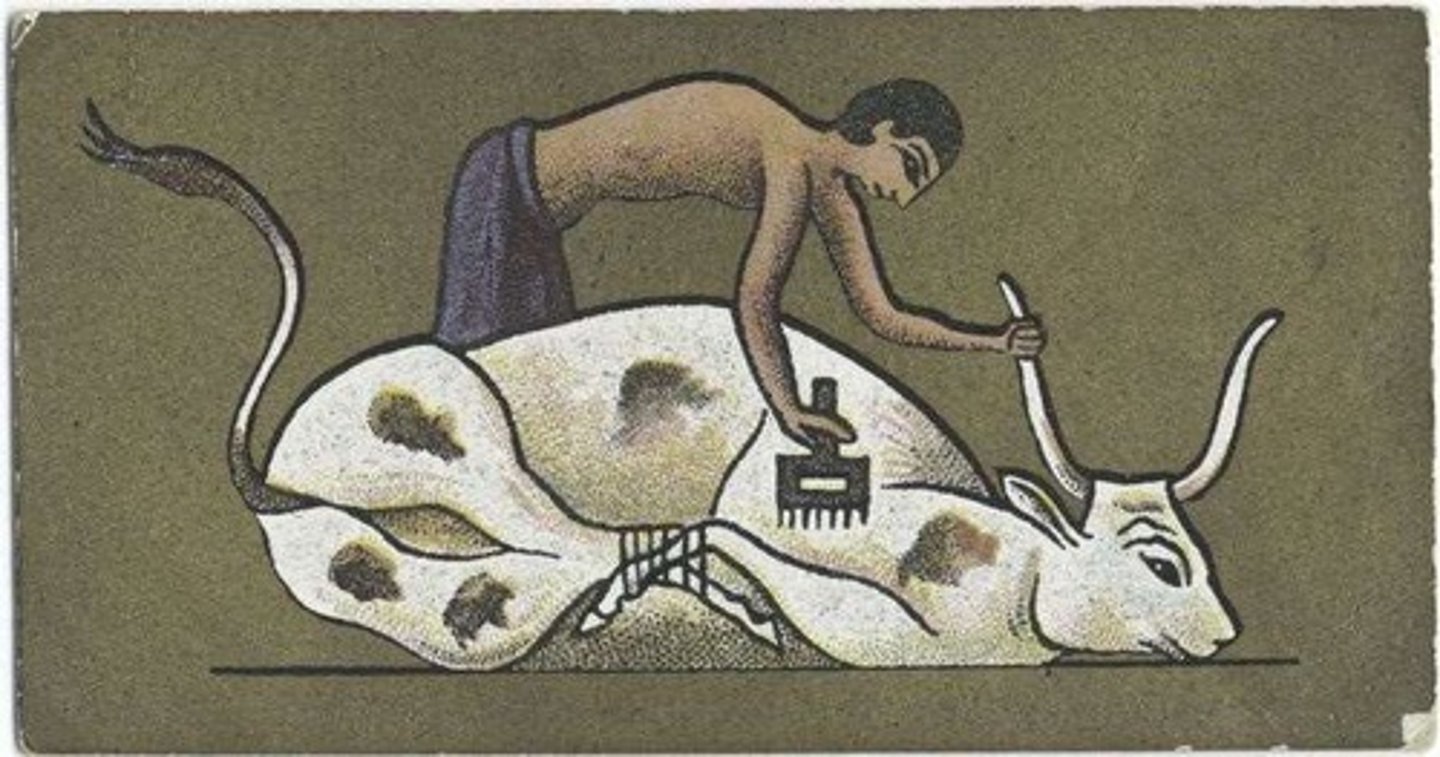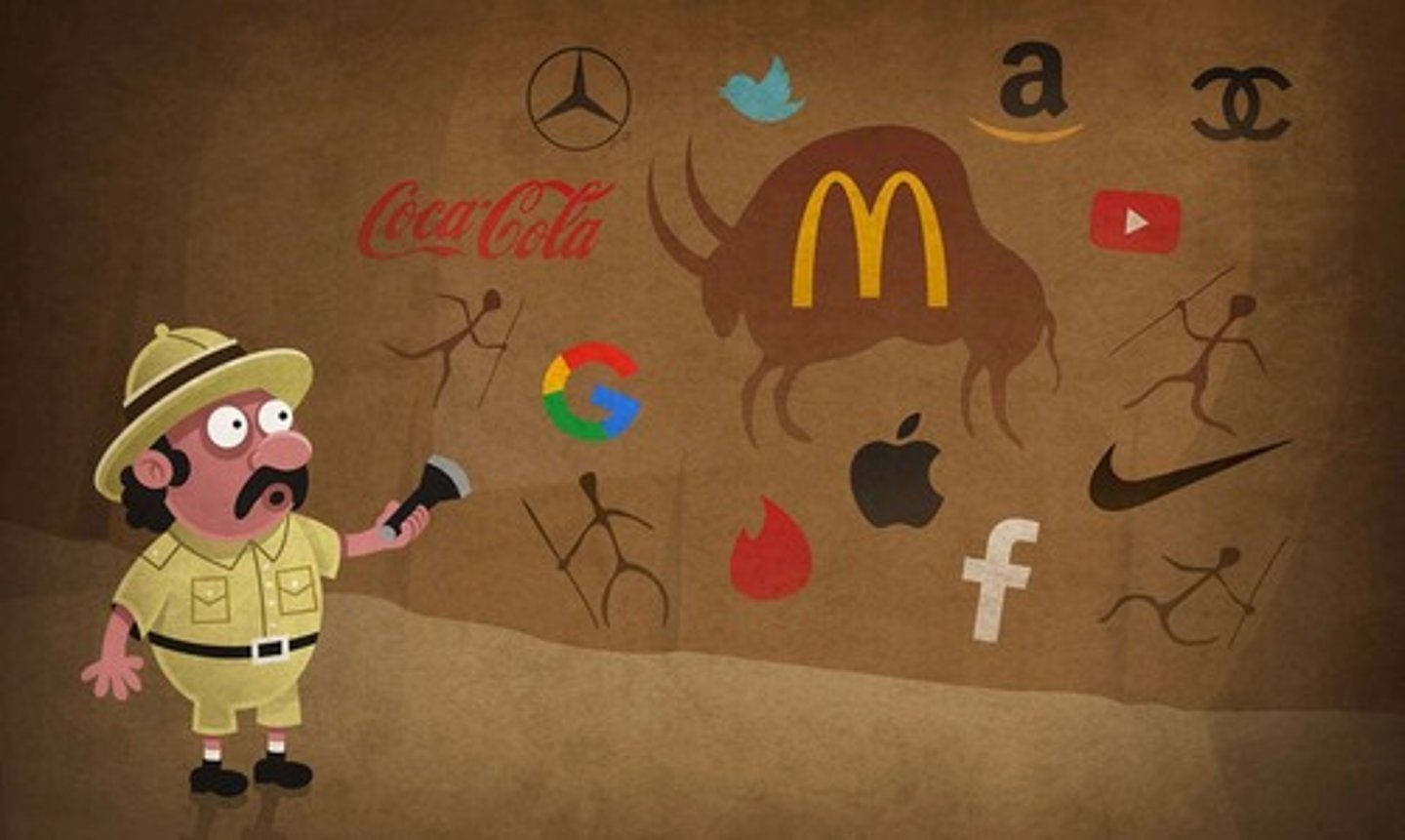Advertising Brand Management Session 1
1/71
There's no tags or description
Looks like no tags are added yet.
Name | Mastery | Learn | Test | Matching | Spaced |
|---|
No study sessions yet.
72 Terms
Brand Equity
Value derived from brand recognition and loyalty.
Brand Management
Process of building and maintaining brand value.
Brand Positioning
Creating a unique image in consumers' minds.
Brand Audit
Assessment of a brand's current position and performance.
Brand Elements
Components that identify and differentiate a brand.
Brand Knowledge Structures
Frameworks that shape consumer understanding of brands.
Consumer Purchasing Decisions
Choices made by consumers influenced by branding.
Branding Strategies
Plans to enhance brand visibility and market share.
Interactive Communications Tools
Platforms giving consumers control over brand interactions.
Brand Differentiation
Distinguishing products/services from competitors.
Marketing Programs
Strategies to promote and communicate brand value.
Secondary Brand Associations
Linking brands to external entities for value.
History of Branding
Evolution and significance of brands over time.
Branding as Art and Science
Combination of creativity and strategic analysis.
Brand Audit
Assessment of a brand's current market position.
Brand Tracking
Monitoring brand performance over time.
Brand Extensions
Introducing new products under an existing brand.
Brand Management
Strategies to maintain and enhance brand value.
Global Brand Building
Creating brand presence in international markets.
Brand Definition (AMA)
Identifies goods/services of sellers, differentiating from competitors.
Brand Awareness
Recognition and recall of a brand by consumers.
Brand Reputation
Public perception of a brand's quality and reliability.
Brand Distinction
Difference between commodities and unique offerings.
Trademark
Legally registered symbol representing a company or product.
Trademark Act of 1881
First U.S. law for protecting trademarks.
Industrial Revolution
Period (1750s-1870s) of mass production and competition.
Branding Origin
Derived from Norse 'brandr', meaning 'to burn'.
Cattle Branding
Marking cattle to signify ownership historically.

Product Logos
Visual symbols representing brands or products.
Peer Evaluation
Assessment of classmates' contributions and presentations.
Wright Brothers
Pioneers of powered flight in 1903.
Coca-Cola
Iconic beverage brand introduced in 1886.

Colgate
Toothpaste brand established in 1873.
Ford Motor Company
Founded in 1903, revolutionized automobile industry.
Chanel
Luxury fashion brand founded in 1909.
LEGO
Toy brand established in 1932, known for bricks.
Print Advertising
Used newspapers and magazines for brand promotion.
Informational Advertisements
Described product functions and benefits clearly.
Radio Advertising
Became popular in the 1920s for branding.
Radio Jingles
Catchy tunes used to promote brands on air.
Targeted Messaging
Advertising tailored to specific audience demographics.
Sponsorship of Programs
Brands funded entire radio shows for exposure.
Television Commercials
Visual ads that brought brands into homes.
First TV Ad
Bulova Watches aired first commercial in 1941.
Post-WWII Era
Time of significant consumer culture transformation.
Car Culture
Increased automobile use in post-war America.
Suburbanization
Population shift to suburbs after World War II.
Brand Recognition
Visible branding through billboards and packaging.
Color TV
Introduced in 1953, enhanced advertising visuals.
Brand Management
Discipline evolved to handle competitive branding.
Emotional Advertising
Focus on feelings to connect with consumers.
Modern Branding
Began in the 1950s, focusing on emotional connections.
Emotional Connection
Linking products to consumer feelings and identity.
Brand Differentiation
Creating unique brand identity to stand out.
Revamping Campaigns
Updating slogans to refresh brand image.
Retail Evolution
Stores curating products for enhanced shopping experience.
Target Demographic
Specific audience marketers aim to reach.
Social Media Advertising
Utilizing platforms for targeted brand promotion.
Data-Driven Marketing
Using analytics to inform advertising strategies.
#ShareACoke Campaign
Coca-Cola's initiative encouraging customer engagement online.
Customer Reviews
Feedback influencing brand perception and sales.
Branding Techniques
Methods used to create and promote brand identity.
Changing Tastes
Evolving consumer preferences impacting brand strategies.
Intimate Branding
Creating personal connections between consumers and brands.
Influencer Partnerships
Collaborating with public figures to enhance brand visibility.
Digital Age Branding
Modern branding strategies leveraging technology and data.
Slogan Importance
Catchy phrases that enhance brand recognition.
Brand Innovation
Continuous improvement of products to meet consumer needs.
Advertising Power
Marketers' ability to influence consumer choices effectively.
Curation in Retail
Selecting specific products to enhance shopping experience.
Brand Awareness
Extent to which consumers recognize a brand.
Market Competition
Rivalry among brands for consumer attention.